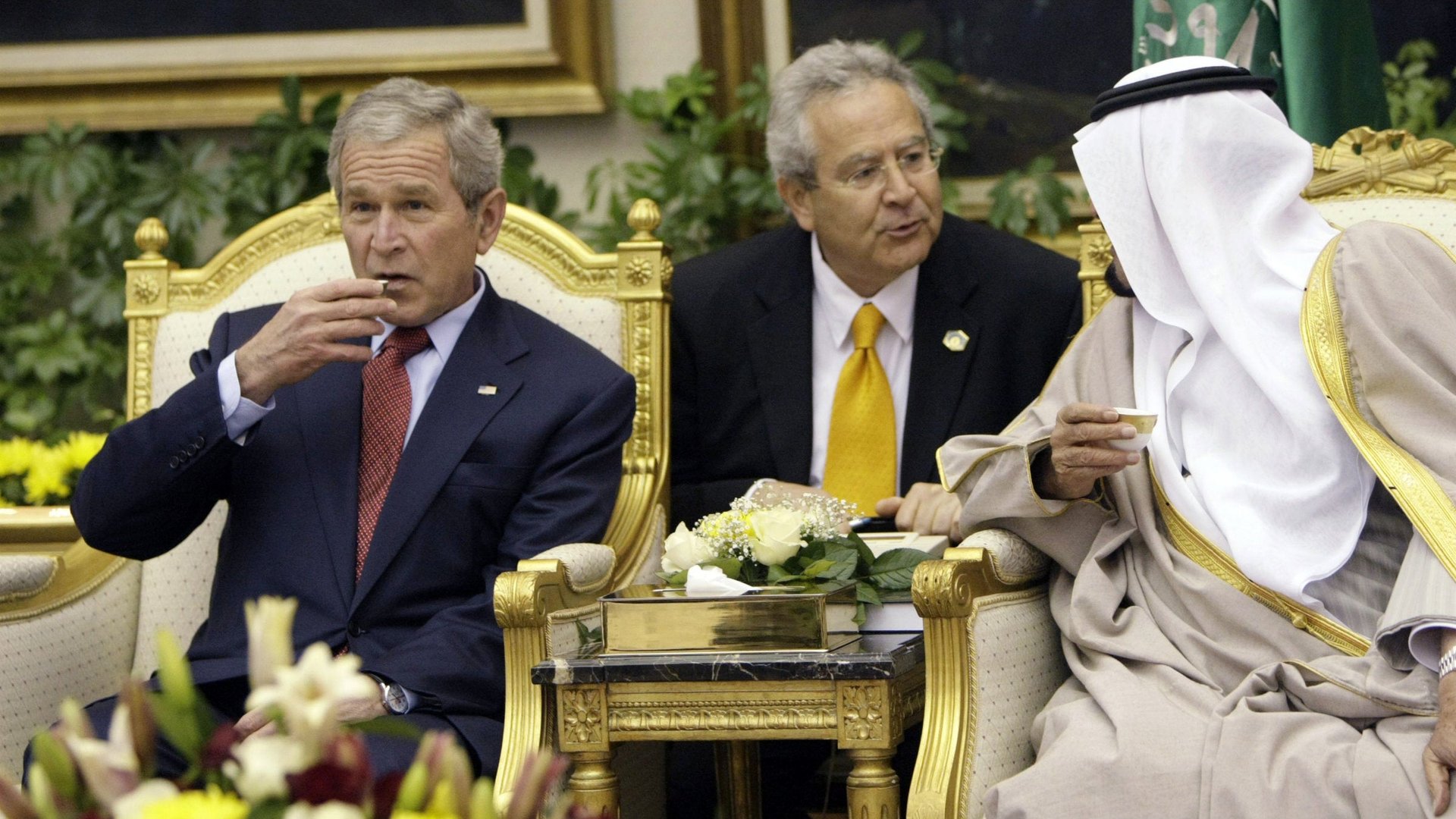The little-known man pulling the strings for ExxonMobil in Baghdad
A bit of media attention has been drawn to ExxonMobil’s hiring of some of America’s most seasoned foreign policy hands as advisers abroad, including to help it through a fix in Iraq. As reported first by the Iraq Oil Report (paywall), most prominent on the list are former Secretary of State Condoleezza Rice, former National Security Adviser Stephen Hadley and former ambassador James Jeffrey.


A bit of media attention has been drawn to ExxonMobil’s hiring of some of America’s most seasoned foreign policy hands as advisers abroad, including to help it through a fix in Iraq. As reported first by the Iraq Oil Report (paywall), most prominent on the list are former Secretary of State Condoleezza Rice, former National Security Adviser Stephen Hadley and former ambassador James Jeffrey.
All three of these figures have deep ties to Iraq. But ExxonMobil CEO Rex Tillerson didn’t take any of them along when he went to Baghdad and Switzerland last month and spoke with, respectively, Iraqi Prime Minister Nuri al-Maliki and Kurdistan President Massoud Barzani.
Instead, Tillerson went into the meetings with a single, far-less-public figure, an Egyptian-American named Gamal Helal, AKA “the man in the middle.”
Helal is one of the shrewdest Middle East hands in America’s foreign policy arsenal. Before opening his own consultancy four years ago, Helal helped four presidents and six secretaries of state navigate the labyrinthine shoals of Middle East politics, starting with George HW Bush and running through Barack Obama.
But Helal did not do so as a foreign policy adviser. Instead, his vantage point was as an official Arabic interpreter for the State Department.
Oil companies—all the blue chips—typically hire prominent names to help them through politics of all sorts around the world. This is because personalities matter in the conduct of both dealmaking and politics (see energy geopolitics indicator No. 3, describing the role of big personality).
But the most astute foreign hands know that in oil deals, as in politics, it is granular insider knowledge of the local terrain that wins the day. This is why businessmen, journalists, bankers (but too few diplomats) hire “fixers,” local, street-wise experts, to lead them through the fog. Such experts can intuit whether their client is dealing with the right fellow, for starters, and then just what sort of fellow he is. From there, they improvise, knowing the landscape.
This is where ExxonMobil finds itself at the moment. Saddled with a low-paying oilfield in Iraq, Tillerson decided more than a year ago to pick up and sign a deal with the northern autonomous region of Kurdistan, which offered much better terms. Only, that is regarded as illegal in Baghdad, which reserves for itself the right to negotiate all oil deals across the land. Baghdad has threatened military action should ExxonMobil actually commit a drill bit to the soil.
But ExxonMobil isn’t going to leave Kurdistan—the terms are too good. Instead, it would like to somehow calm things down and work in both the north and the south. In order to achieve that tall order, it has called on expert hands. Notably, however, when it came to talking turkey, Tillerson did not walk into the room with Rice, Hadley or Jeffrey. He sat with Gamal Helal.
(I contacted most of those mentioned in this article. Halal declined to comment, as did ExxonMobil, Hadley and Jeffrey.)